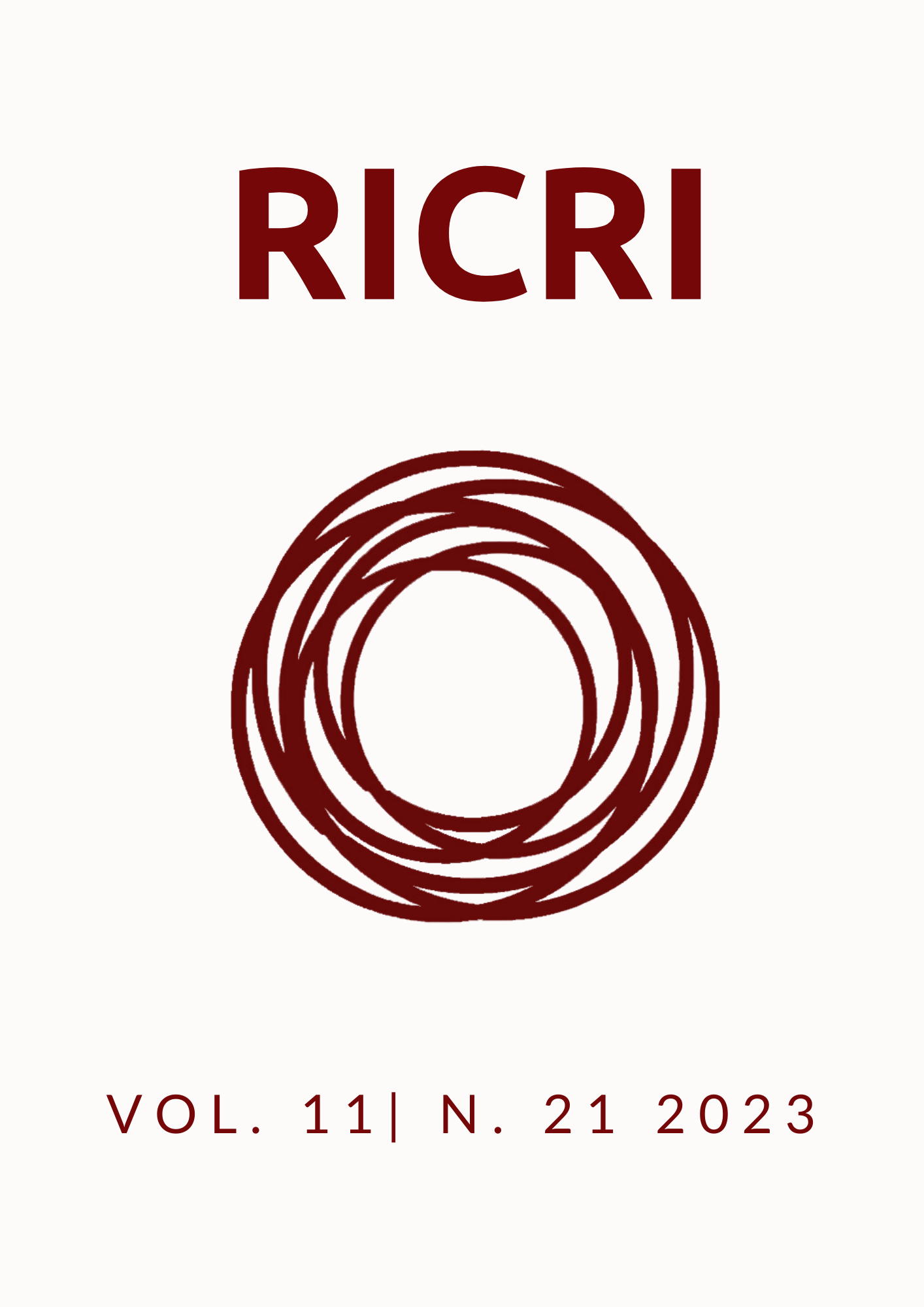The Transnistrian War
Post-conflict negotiations and the spheres of influence in Eastern Europee
Resumo
This work explores the normative constructions following the Transnistrian War (1990-1992) and analyzes Moldova's geostrategic role in Eastern Europe. Moldova and the Transnistrian breakaway state are targeted by Western enlargement policies involving the European Union and NATO, opposed by Moscow's resistances in the post-Soviet space. Understanding Eastern Europe's geostrategy involves examining the Soviet Union's dissolution and its ethnic, political, and economic dynamics. The article addresses post-war proposals and its ineffectiveness, including ceasefire agreements and official resolutions. Moreover, clashes of interests between the West and Russia are observed in aiming to comprehend regional dynamics and implications of Western advances in Eastern Europe. Simultaneously, the tensions are witnessed by the Moldovan population, which finds itself at the center of a dispute between the Western project and the Kremlin's pursuit to maintain its zone of influence in the post-Soviet space.
Downloads
Publicado
Como Citar
Edição
Seção
Licença
Copyright (c) 2024 Revista de Iniciação Científica em Relações Internacionais

Este trabalho está licenciado sob uma licença Creative Commons Attribution-NonCommercial 4.0 International License.
Autores que publicam nesta revista concordam com os seguintes termos:
- Autores mantém os direitos autorais e concedem à revista o direito de primeira publicação, com o trabalho simultaneamente licenciado sob a Atribuição-NãoComercial 4.0 Internacional (CC BY-NC 4.0) que permite o compartilhamento do trabalho com reconhecimento da autoria e publicação inicial nesta revista.
- Autores têm autorização para assumir contratos adicionais separadamente, para distribuição não-exclusiva da versão do trabalho publicada nesta revista (ex.: publicar em repositório institucional ou como capítulo de livro), com reconhecimento de autoria e publicação inicial nesta revista.
- Autores têm permissão e são estimulados a publicar e distribuir seu trabalho online (ex.: em repositórios institucionais ou na sua página pessoal) a qualquer ponto antes ou durante o processo editorial, já que isso pode gerar alterações produtivas, bem como aumentar o impacto e a citação do trabalho publicado (Veja O Efeito do Acesso Livre).




